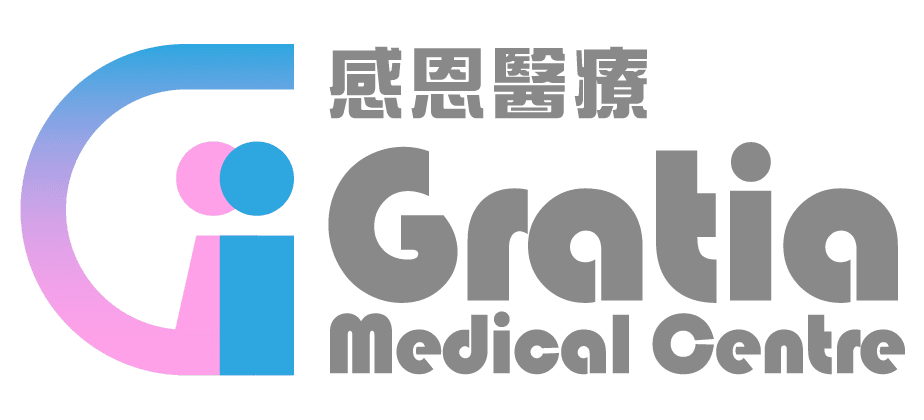Colonoscopy
Colonoscopy
Colonoscopy is a medical examination procedure. During the procedure, the doctor uses a thin, long and flexible instrument called an endoscope to examine the inside of the lower digestive tract, mainly the large intestines that include the caecum, the ascending colon, the transverse colon, the descending colon, the sigmoid, the rectum and the anus. The endoscope is equipped with an optical lens, a light source and a camera at the tip, which help the doctor see these areas when the instrument travels its way up. The doctor can remove a polyp (polypectomy) if it is small. However, if the polyp is large or if it looks suspicious, a biopsy of the polyp will be taken for pathological examination. The procedure is usually done under intravenous sedation or monitored anaesthetic care (MAC) administered by an anaesthetist.
On the day before the colonoscopy, the patient has to adopt a special low fibre diet (i.e. no grains or vegetables), and to empty the bowels by drinking a bowel preparation solution.
On the day of the examination, the patient can only drink clear fluid. All these bowel preparation measures help to clear the bowels so that the doctor can visualize the digestive tract better. During the procedure, the patient may experience minor abdominal distention which will improve afterwards when the patient passes gas. This procedure has to be performed in special day surgery centres or hospitals, depending on individual patients’ risks and needs.
Any questions About Our Clinic?
Don't Hesitate to Contact Us
Contact number
(852) 2117 3033
gratia@hk-gmc.com
Opening Hours
MON - FRI :
0900-1800
(Lunch hour 1400-1500)
SAT :
0930-1330
Closed on Sundays & Public Holidays

